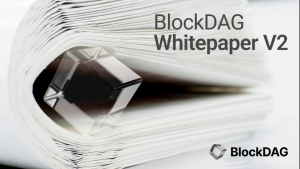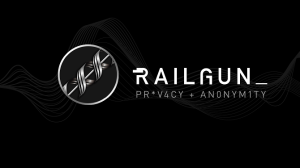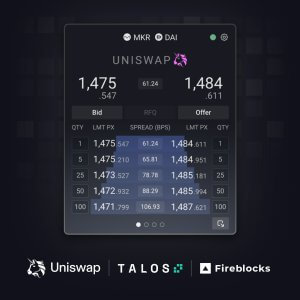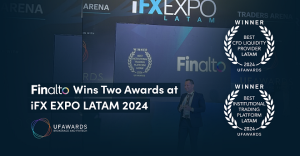US Court dismisses copyright infringement complaint against GAIN Capital
California Northern District Court has dismissed TIBCO Software’s claims for breach of the implied covenant of good faith and fair dealing and copyright infringement against GAIN Capital.

Online trading services provider GAIN Capital Group LLC has secured a judgement in its favor on Friday, December 15, 2017, as a part of a copyright infringement case launched against it by Tibco Software Inc. Judge Edward J Davila of California Northern District Court has granted GAIN Capital’s Motion to Dismiss the claims for breach of the implied covenant of good faith and fair dealing and copyright infringement.
Let’s recall what the lawsuit is about. Plaintiff Tibco Software Inc. has asserted claims for breach of contract, breach of the implied covenant of good faith and fair dealing and copyright infringement based upon Gain Capital’s allegedly unlawful “over-deployment” of Tibco’s software outside the scope of the parties’ licenses. The case refers to events dating back to November 2008, when Tibco and Gain Capital allegedly entered into a Software License Terms and Conditions Agreement and a Software License and Services Order Form, followed by other agreements in 2010 and 2012.
In May of 2016, Tibco allegedly notified Gain Capital of its intent to conduct an audit and retained KPMG, LLP as an independent auditor. Tibco alleges that from May 2016 to August 2016, Gain Capital delayed the audit by refusing to comply with audit procedures. KPMG performed a two-day on-site audit of Gain Capital and produced a report which allegedly indicated that Gain Capital had substantially over-deployed Tibco software.
In November of 2016, the parties entered into another Order Form that specified a license for 9 units of Tibco’s ActiveSpaces Enterprise Edition software, 59 units of the Enterprise Message Service software and 81 units of Hawk software. Pursuant to the terms of the November 2016 Order Form, Tibco issued two invoices to Gain Capital that totaled $5,243,800. As of the filing of the complaint, Gain Capital has not paid the invoices.
Gain Capital has moved to dismiss the copyright infringement claim, asserting that by entering into a license, Tibco waived its right to sue for copyright infringement and may only sue for breach of contract. Gain Capital argues that it had a contractual right to use an unlimited number of software units pursuant to the 2008 and 2010 Order Forms and that the subsequent Order Forms did not restrict its license to a limited or specific number of units.
Gain Capital reasons that in the absence of a specific numeric limitation on the number of units, the alleged over-deployment may constitute a violation of a covenant giving rise to a breach of contract claim, but not a violation of a condition of the contract that would allow Tibco to assert a claim for copyright infringement.
The Court has sided with GAIN Capital, with the Judge noting that the copyright infringement claim does not distinguish between Gain Capital’s alleged use of Tibco’s software while a valid license was in effect and the alleged use of the software after the licenses expired. The copyright infringement claim was accordingly dismissed with leave to amend.
Gain Capital has also moved to dismiss the breach of the implied covenant of good faith and fair dealing claim as superfluous of the breach of contract claim. The Court agreed that the two claims are nearly identical, and the breach of implied covenant claim was accordingly dismissed with leave to amend too.
Tibco is set to file and serve an amended complaint no later than December 29, 2017.









